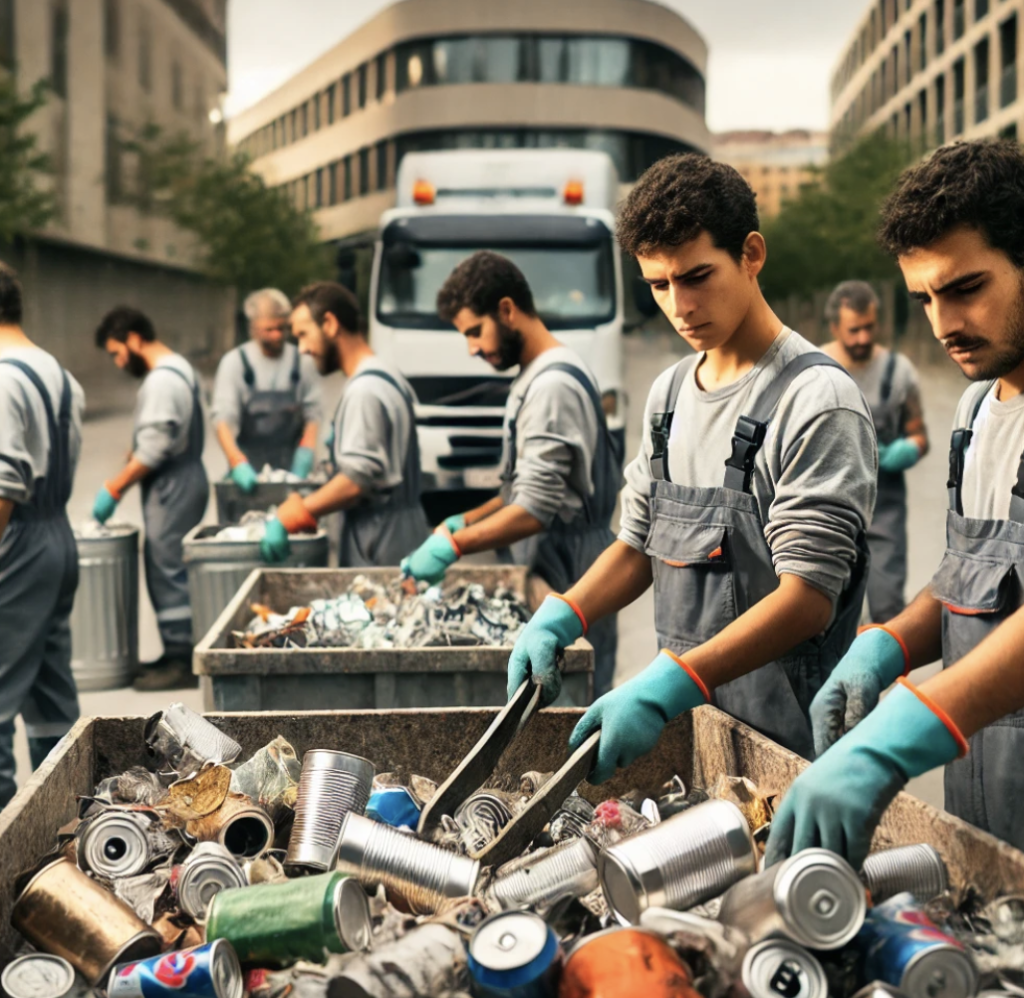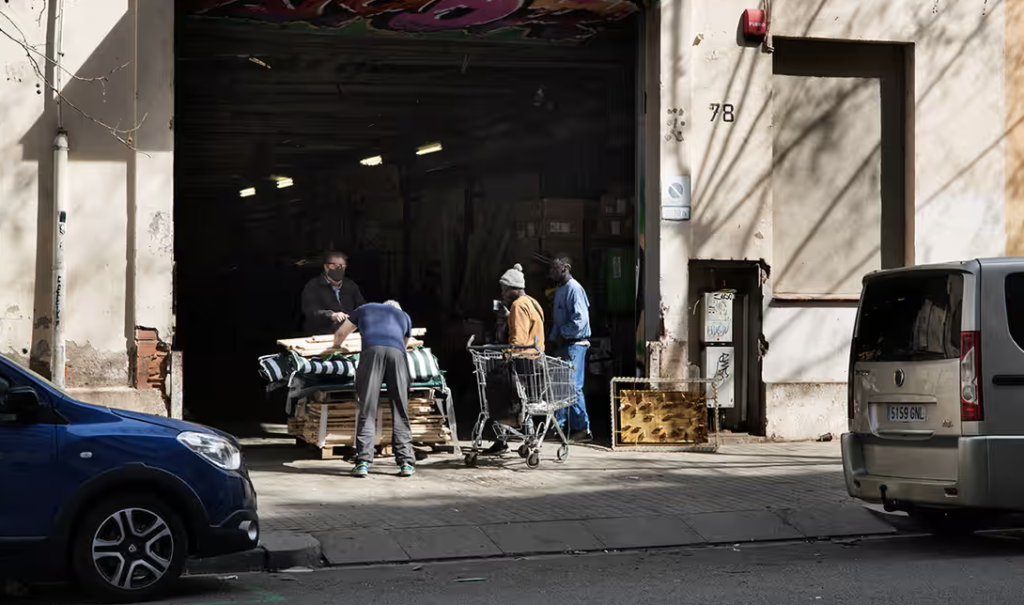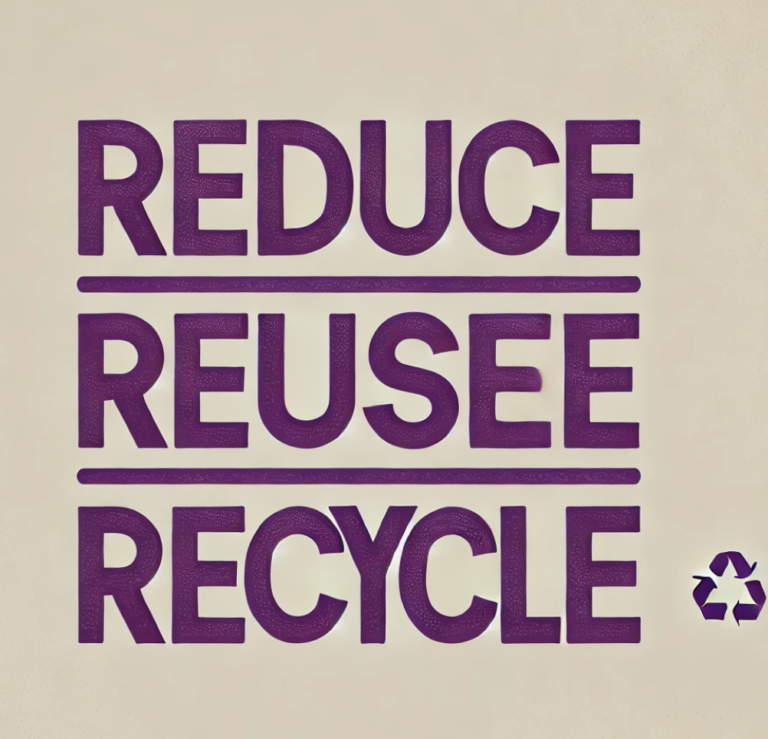Abstract
This study investigates the integral role of migrant workers in the waste collection systems of Catalonia, with a particular focus on urban environments like Barcelona. By combining quantitative observations with qualitative interviews conducted during our field research, we examine how migrants contribute to waste management efficiency, the socio-economic implications of their labor, and the challenges they encounter. Our findings underscore the necessity for inclusive policy reforms and enhanced support systems to sustain both environmental and social well-being in the region.
1. Introduction
Catalonia’s urban waste management infrastructure relies heavily on the labor of migrant workers. In cities such as Barcelona, where rapid urbanization and high tourism demand coalesce, migrants have emerged as a critical workforce in collecting, sorting, and recycling waste. This study seeks to analyze their contributions from both an operational and socio-economic perspective, drawing on direct field observations and structured interviews with migrant waste collectors. Our aim is to provide a nuanced understanding of their roles and highlight areas for policy intervention to foster a more inclusive and efficient waste management system.
2. Methodology
Our research employed a mixed-methods approach to capture both the quantitative scope and qualitative depth of migrant involvement in waste collection:
- Field Observations:
We conducted systematic observations in key neighborhoods across Barcelona where waste collection activities are most prominent. This allowed us to document operational routines, equipment usage, and the general conditions under which the workers operate. - Semi-Structured Interviews:
A series of interviews were held with migrant waste collectors, which provided firsthand insights into their experiences. Interview questions covered topics such as work conditions, motivations for employment, challenges encountered, and perceptions of their role in the community.
Sample Quote: One interviewee noted, “Despite the hardships and long hours, our work brings a sense of purpose—we see our contribution in the cleaner streets and feel proud of it.” - Data Analysis:
Interview transcripts and observational notes were coded and analyzed to identify common themes, such as the drivers of migrant labor in waste management, the socio-economic impact on the workers’ lives, and the obstacles they face, including social stigma and limited labor rights.
3. Findings
3.1 Contributions to Waste Management Efficiency
- Operational Impact:
Migrant workers have significantly enhanced the efficiency of waste collection services in Catalonia. Their presence has ensured consistent service delivery, particularly during peak periods such as tourist seasons. Their practical knowledge—often gained from experiences in their countries of origin—has led to innovative approaches in waste sorting and recycling. - Environmental Benefits:
Through diligent collection and proper segregation of waste, these workers help reduce the volume of urban litter and facilitate more effective recycling processes. Their role is essential to maintaining public health and supporting the broader environmental objectives of the region.
3.2 Socio-Economic Impact
- Economic Integration:
Employment in waste collection offers a vital income source for many migrants, enabling economic integration within local communities. This labor, while often undervalued, plays a critical role in supporting families and contributing to local economies. - Skill Development:
Participation in waste management provides opportunities for acquiring new technical and interpersonal skills, such as recycling techniques, teamwork, and navigation of urban logistical challenges.
3.3 Challenges and Barriers
- Working Conditions:
Many migrant workers face precarious employment, with insufficient job security and inadequate protective measures. The physical demands of the job, coupled with exposure to hazardous materials, remain significant concerns. - Social Stigma:
Despite their essential contributions, these workers often experience marginalization and social stigma. Our interviews revealed that many feel undervalued, with their labor frequently overlooked by mainstream society and policy frameworks. - Policy Gaps:
The lack of formal recognition in some cases means that migrant waste collectors do not always benefit from full labor rights or social protections. This gap highlights the need for targeted regulatory reforms.
4. Discussion
Our study confirms that migrant workers are indispensable to Catalonia’s waste collection system. Their contributions extend beyond mere labor; they embody a bridge between environmental sustainability and socio-economic integration. The qualitative data from our interviews illustrate a resilient workforce that, despite facing significant challenges, remains committed to improving urban environmental conditions.
Comparing our findings with existing literature, we note that while the reliance on migrant labor in environmental services is not unique to Catalonia, the particular dynamics in Barcelona—such as the influence of high tourism and rapid urban growth—exacerbate both the contributions and the challenges faced by these workers. Policy recommendations emerging from this study include:
- Enhanced Labor Protections: Implementing stricter safety standards and ensuring equitable labor rights for migrant workers.
- Inclusive Community Programs: Promoting initiatives that recognize and celebrate the contributions of migrant workers, thereby reducing social stigma.
- Targeted Training and Career Development: Investing in training programs that empower workers with advanced skills in waste management and environmental sustainability.
5. Conclusion
The field study highlights that migrant waste collectors in Catalonia play a critical role in ensuring environmental cleanliness and operational efficiency. However, the challenges they face—ranging from hazardous working conditions to social marginalization—necessitate comprehensive policy and community-based interventions. Recognizing and supporting these workers is not only a matter of social justice but also a strategic imperative for maintaining the ecological health of urban environments. Future research should explore longitudinal impacts of policy reforms and the evolving role of migrant labor in other critical urban services.










